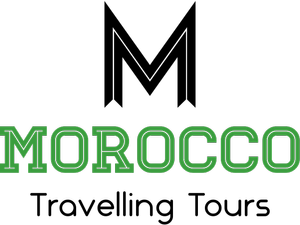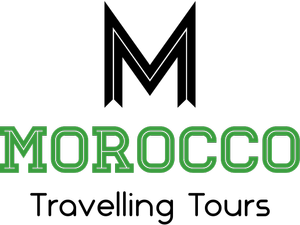As days become nights and nights become days, adjusting to the time and eating schedule might be challenging, so you may need a good measure of patience.
Everyone stays up late, and the following day do not expect to find anything open before 10 a.m. as people will sleep in much later than usual.
You might come upon some shops and restaurants that are not open at all during the day. Also, the majority of businesses (banks, supermarkets, and more) will have different store hours, closing early so that the workers can make it home in time for iftar.
Another thing to keep in mind when visiting is that monuments, historical sites, museums, and other tourist attractions might adjust their hours and will most likely close early.
Around 5:30-6:30 p.m., you will find a fast-paced crowd hurrying to prepare for iftar. Everything is quiet by 7:30 p.m. when family and friends are gathering to eat iftar. Then, at 9:30 p.m. restaurants, cafes, and local vendors in the medina (old walled city) begin to open again. Business booms as everyone take a stroll through the medina to shop and to walk off all the food they ate during iftar.
Most importantly, you should be aware of the time change. While Morocco adopts Daylight Saving Time in the spring, the country moves back to the standard time just before Ramadan, so the time changes back to Greenwich Mean Time.
After the iftar, you will witness rows upon rows of people praying at mosques for the evening prayer, followed by a special prayer that is only recited during Ramadan. Around 11 p.m. or midnight dinner is served.
If you are visiting during the spiritual month of Ramadan, it is impossible not to connect with the unique local foods and traditions.


Leave a Reply